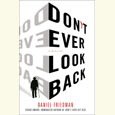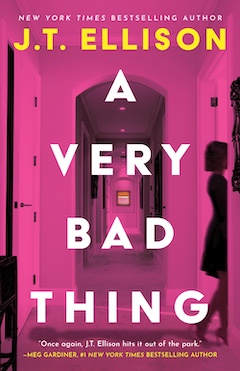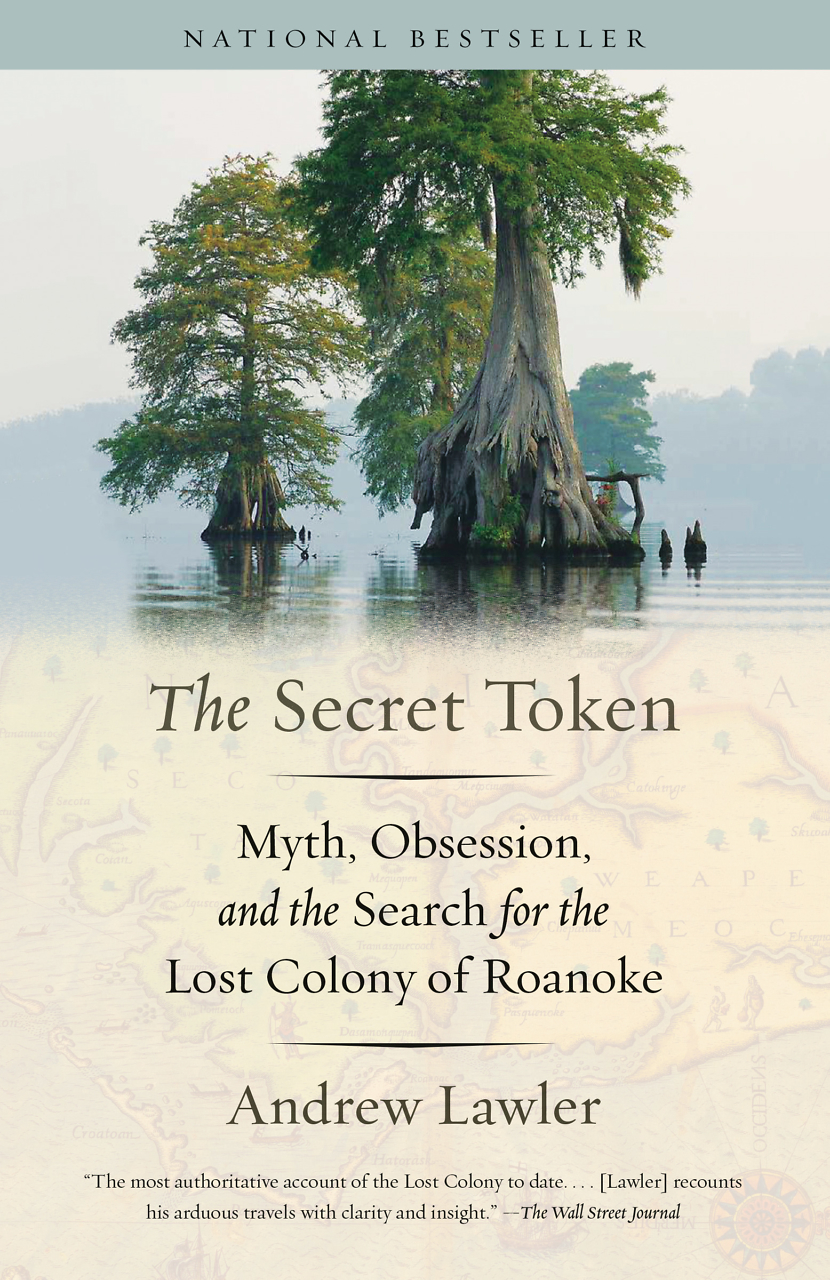Life is Beautiful
In Beautiful Ruins, a Möbius strip of a novel, Jess Walter’s dual narratives converge with affecting, often hilarious results
Jess Walter has packed his wondrously strange seventh novel to the breaking point. Its dual narratives alternate between the destructive, self-serving pursuits of a present-day Hollywood producer and the personal, romantic quest of an Italian man searching for his long-lost love—until the two stories converge. The plot itself is remarkable, not least of all because it’s comprised of so many threads, but the most impressive aspects of Beautiful Ruins are its surprising humor, emotional depth, and exquisite writing.
The book opens in 1962 in the fictitious, rock-ribbed Italian coastal town of Porto Vergogna, which means “Port of Shame.” There, shy, twenty-something Pasquale Tursi runs his family’s sleepy inn, The Hotel Adequate View, and dreams of erecting a tennis court on the boulders. Pasquale’s caught off-guard by the arrival of a bombshell American actress, Dee Moray, who seeks refuge in his hotel. In Italy to film Cleopatra, Dee’s been dispatched to the coast following a diagnosis of stomach cancer. It quickly becomes evident that it’s not a cancer she’s a host to but an unborn child. She’s carrying Richard Burton’s baby, though the actor doesn’t know it, and the architect of her exile is the film’s producer, Michael Deane. He wants to prevent news of the pregnancy from leaking, fearing it will detract from the focus on Burton and Elizabeth Taylor, the stars of the film, and dampen ticket sales. Dee and Pasquale develop a friendship, with the potential for more, but then she vanishes without a trace.
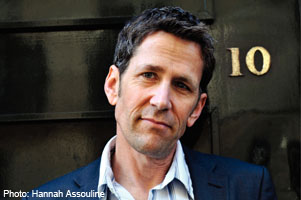 Fifty years later, in Hollywood, a young woman named Claire slaves away as Michael Deane’s assistant, reading scripts and taking meetings. She wants to work for someone else, anyone else, particularly in light of the fact that Michael’s most successful project in decades is a vacuous reality show called Hookbook, featuring contestants hooking up online. One afternoon, on a “Wild Pitch Friday” that requires Claire to listen to movie pitches from random people, mostly those to whom Michael owes a favor, Claire meets two men whose lives will irrevocably change her own. One is Shane Wheeler, an unemployed aspiring screenwriter there to sell an idea for a movie about the Donner party (Donner! ), an all-around terrible idea. The other is Pasquale, who’s traveled to Los Angeles in search of Dee. Pasquale doesn’t speak English, but Shane, who studied Italian for a couple of semesters in college, jumps in as his translator.
Fifty years later, in Hollywood, a young woman named Claire slaves away as Michael Deane’s assistant, reading scripts and taking meetings. She wants to work for someone else, anyone else, particularly in light of the fact that Michael’s most successful project in decades is a vacuous reality show called Hookbook, featuring contestants hooking up online. One afternoon, on a “Wild Pitch Friday” that requires Claire to listen to movie pitches from random people, mostly those to whom Michael owes a favor, Claire meets two men whose lives will irrevocably change her own. One is Shane Wheeler, an unemployed aspiring screenwriter there to sell an idea for a movie about the Donner party (Donner! ), an all-around terrible idea. The other is Pasquale, who’s traveled to Los Angeles in search of Dee. Pasquale doesn’t speak English, but Shane, who studied Italian for a couple of semesters in college, jumps in as his translator.
When Claire calls her boss at home, Michael hears Dee Moray’s name and immediately faints. “The first impression one gets of Michael Deane is of a man constructed of wax, or perhaps prematurely embalmed,” writes Walter. “After all these years, it may be impossible to trace the sequence of facials, spa treatments, mud baths, cosmetic procedures, lifts and staples, collagen implants, outpatient touch-ups, tannings, Botox injections, cyst and growth removals, and stem-cell injections that have caused a seventy-two-year-old man to have the face of a nine-year-old Filipino girl.”
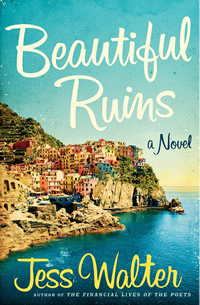 What ensues is a hunt to find Dee, and much more. Various chapters feature excerpts from different characters’ writings, including a movie pitch, a play, Michael’s memoir, and a novel. One of the many joys of Beautiful Ruins is the thundering, charismatic boozehound Richard Burton. “‘I only drink when I’m working.’ He winked. ‘Which is why I’m always bloody working.’” The book’s title comes from a Louis Menand article in The New Yorker describing Burton in his fifties as a “beautiful ruin.” In this book, in 1962, he’s in his prime: a beautiful hurricane, not yet wrecked himself even though he’s wreaking havoc on others.
What ensues is a hunt to find Dee, and much more. Various chapters feature excerpts from different characters’ writings, including a movie pitch, a play, Michael’s memoir, and a novel. One of the many joys of Beautiful Ruins is the thundering, charismatic boozehound Richard Burton. “‘I only drink when I’m working.’ He winked. ‘Which is why I’m always bloody working.’” The book’s title comes from a Louis Menand article in The New Yorker describing Burton in his fifties as a “beautiful ruin.” In this book, in 1962, he’s in his prime: a beautiful hurricane, not yet wrecked himself even though he’s wreaking havoc on others.
Walter is the author of six previous novels and one book of nonfiction, and his journalism background is evident in his acute attention to detail. His novel The Zero, a finalist for the National Book Award, delved into post-9/11 America, and Citizen Vince was a comedy-cum-crime-noir about winning the right to vote. The Financial Lives of the Poets, his 2009 bestseller, offered a studied, sardonic tale about the recession. A master of sly social commentary, Walter is sharp and witty, a writer with tremendous energy. It’s difficult to summarize the plot of Beautiful Ruins without giving too much away, but it’s easy to follow—an all-consuming pleasure.
Jess Walter will discuss Beautiful Ruins at the twenty-fourth annual Southern Festival of Books, held October 12-14 at Legislative Plaza in Nashville. All events are free and open to the public.
